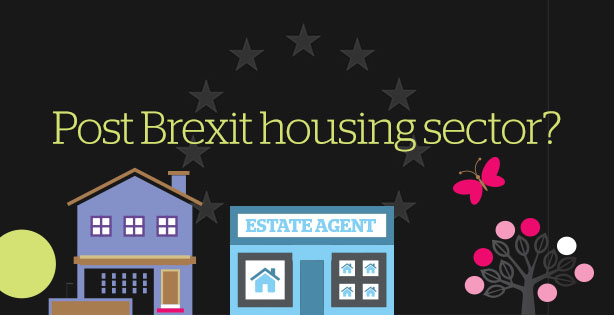It has now been over a month since the UK took to the polls for the EU Referendum. Before the Brexit result was revealed, it was clear that both sides of the argument could only speculate on what the result would mean. The remain campaign strongly believed that an outward vote would hit jobs and wages, increase prices and damage the pound, in response the leave campaign pointed to the weak economic growth within the EU and argued that a Brexit vote would allow Britain to negotiate better trade deals with large markets outside the EU. With a new Prime Minister and plans to push Brexit into motion as soon as possible, it’s important to push speculations to one side and look at what is actually happening in the housing market right now.
Sentiment index at record low -
Knight Frank and consultancy IHS Markit assessed households across different price ranges between July 14 and 18. They have now revealed that the sentiment index is below 50 for the first time since February 2013. According to Knight Frank, the majority do expect their house value to rise over the next year but at the lowest rate since October 2012.
You can download the full report here.
Severe housing shortage -
As part of the leave campaign, former Chancellor George Osborne claimed the value of homes could fall by as much as 18% if the UK were to leave the EU. This is highly unlikely due to the severe housing shortage the UK is currently facing. The amount of new homes is almost half the estimated 300,000 new homes needed to meet demand but the latest housebuilding data released by the House of Lords Economic Affairs Committee shows residential construction levels are down by 3.2% in May.
You can view the full report here.
Housing transactions resilient -
On a more positive note, the Bank of England have described housing transactions as “business as usual” saying that although housing market activity dipped after the Brexit vote, transactions have been resilient and stronger than expected. In their Financial Stability report measuring the economy since June 23, they found little evidence that investment decisions and economic activity had slowed.
New Prime Minister -
As the UK welcomes Theresa May as the next Prime Minister, there has already been big changes affecting the property sector, including a new housing minister Gavin Barwell. Our blog “Theresa May: How the property sector will be affected” talks more about this.
Have you felt the impact of the Brexit yet? Let us know in the comments.
